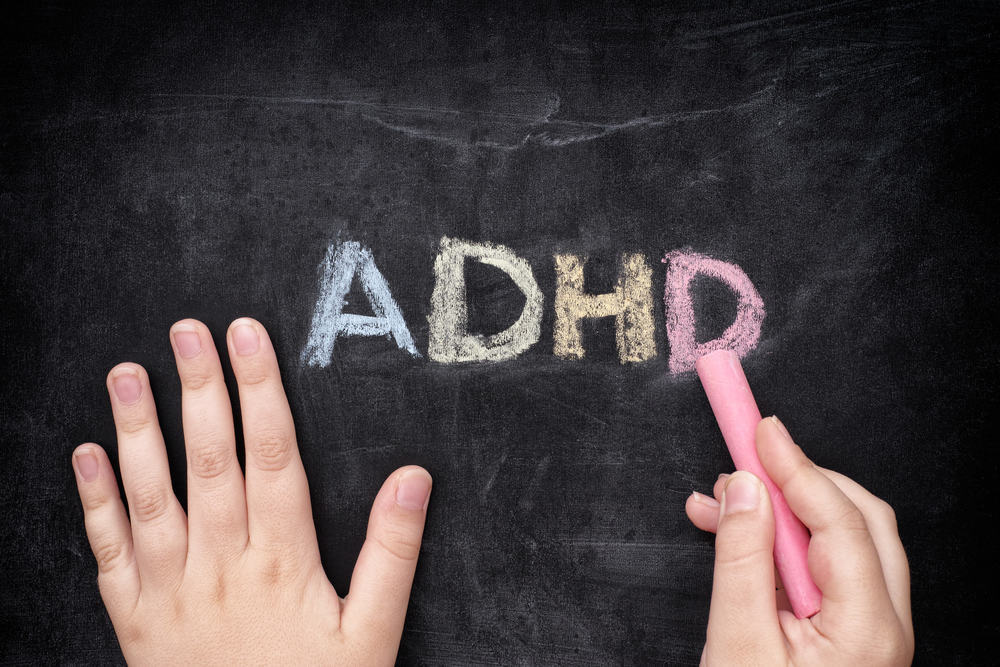Contents:
Medical Video: Behavioral Treatments for ADHD
ADHD or Attention Deficit Hyperactivity Disorder is not only commonly found in children and adolescents. For adults, ADHD can affect work performance in a number of ways.
If you are among those who cannot sit still and have problems with regularity and concentration, you may feel tight is a very disturbing thing. Sharing your busy life with projects and various deadlines at one time is a huge challenge for you.
A study shows that people with ADHD often find problems with focus, memory, thought processes, and verbal fluency. Some of these qualities are called executive-function abilities that play an important role in the workplace.
ADHD generally can lead to depression and lack of confidence. When you fail to meet the deadline and cannot finish the job on time, this can trigger those feelings to get worse.
This condition is easy to deal with if you know the trick. In addition to discussing with your doctor about appropriate medical treatment for your ADHD symptoms, try the behavioral strategies below to help you be more focused and productive in the office without having to miss targets deadline.
Improve sleep patterns: It sounds cliche, but the quality of a good night's sleep is needed by everyone to be able to function more productively the next day. Joel L. Young, MD, medical director of the Rochester Center for Behavioral Medicine, recommends that you start getting used to adjusting your sleep schedule and waking up at the same hour every day to get optimal sleep benefits, even on weekends. Often staying up late and exhausted will actually make it more difficult for you to concentrate and stay productive. Get a night's sleep of at least 7-8 hours per day.
Use timer. People with ADHD have difficulty assessing time, making it easy for them to ignore deadlines or how long it really takes to do something. By using timer (or better yet: hourglass), you will help yourself to allocate enough time for each task. For more complex tasks, consider setting the alarm to turn on periodically as a reminder of you from the time you have run.
Make your own deadlines. For small tasks, you can set each deadline to follow a certain way that you feel is effective. For example, "I will finish all my presentations today as soon as my playlist runs out", or "I will finish this article once this song is finished."
Alone. If you work at a coworking space or open office without a cubicle, consult your supervisor or HRD to get a quiet place, for example in a corner, so you can focus more on work. If this is not possible, you can try to 'build' borders around your desk to minimize any form of distraction (including other employees pacing in front of your desk).
Tidy up the table. Make sure your desk is well organized, starting from placing office stationery equipment, project files, to drinking glasses. After using one item, return it to its original place. Suggestions like this, according to Laura Leist, director of the National Association of Professional Organizers, can really help you stay focused and not be bothered to search for unnecessary items.
Or, completely empty your desk. Condition the workbench only to work without interference pioneeringcolors that can be your distraction.
Prioritize priorities and interests. Ask yourself, which work you have to do as soon as possible and which is more important. After that, the big projects will be small jobs that you can manage easily.
Say no. Create a daily, even weekly or monthly schedule. Always check the schedule before being truly committed to one project. The impulsive tendencies of ADHD can make you agree to multiple tasks at one time. A busy work schedule will actually make you overwhelmed, exhausted, and affect your performance in the office. It's okay to reject a number of projects if you feel unable to do them. This will make it easier for you to devote all the focus you have to doing the work you are supposed to do.
Use a notebook. The memory system of people with ADHD is fairly weak, meaning that people will often forget what they are doing or thinking. Write all ideas, ideas, project details, even your imagination into a small notebook. Writing is an alternative way to "throw away" all thoughts in the brain that never fail before they are truly forgotten.
Squeeze stress ball or grip strengthener. When you feel anxious and unable to shut up, try to distract yourself by playing a stress ball or grip strengthener (or any object, even an eraser) so you can move yourself without having to disturb the people around you.
Save coloring books in the office. When you start feeling overwhelmed, pause for a moment from all your work and start coloring. This type of distraction will restore the calm you need while keeping your body moving when your mind paces back and forth.
Do not push yourself. Stop everything that you are doing when you feel troubled. Focus your mind on a particular physical object, such as a desk display and try to describe the shape, color, and characteristics of the display until your mind is clean again and only think about that one thing. Then, decide what tasks are most important for you to do now and start there.
Anxiety is a big measure of whether you have used all your capacities and can no longer do anything. Take a quick breath and reset priorities today, you can be more productive and happy at work.
READ ALSO:
- You are forgetful, try this trick so as not to senile
- Laughter is not only making us happy, the body feels its benefits
- Broken heart really makes you upset, but be careful












